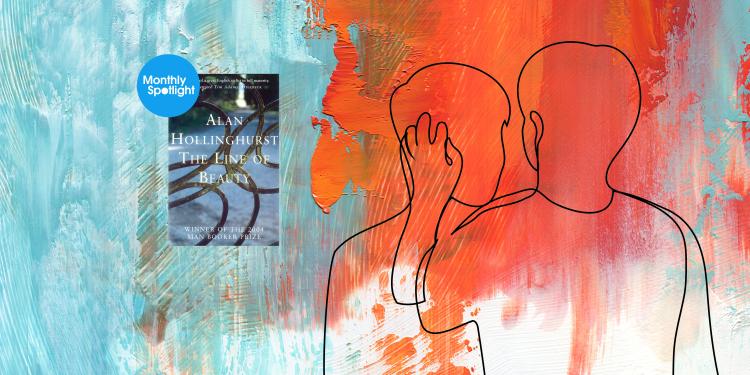He had a blind date at eight that evening, and the hot August day was a shimmer of nerves, with little breezy interludes of lustful dreaming. The date wasn’t totally blind - ‘just very short-sighted’, Catherine Fedden said, when Nick showed her the photograph and the letter. She seemed to like the look of the man, who was called Leo, and who she said was so much her type; but his handwriting made her jumpy. It was both elaborate and impetuous. Catherine had a paperback called Graphology: The Mind in the Hand, which gave her all sorts of warnings about people’s tendencies and repressions (‘Artist or Madman?’ ‘Pet or Brute?’). ‘It’s those enormous ascenders, darling,’ she said: ‘I see a lot of ego.’ They had pursed their lips again over the little square of cheap blue writing paper. ‘You’re sure that doesn’t just mean a very strong sex drive?’ Nick asked. But she seemed to think not. He had been excited, and even rather moved, to get this letter from a stranger; but it was true the text itself raised few expectations. ‘Nick - OK! Ref your letter, am in Personnel (London Borough of Brent). We can meet up, discuss Interests and Ambitions. Say When. Say Where’ - and then the enormous rampant L of Leo going halfway down the page.
Nick had moved into the Feddens’ big white Notting Hill house a few weeks before. His room was up in the roof, still dearly the children’s zone, with its lingering mood of teenage secrets and rebellions. Toby’s orderly den was at the top of the stairs, Nick’s room just along the skylit landing, and Catherine’s at the far end; Nick had no brothers or sisters but he was able to think of himself here as a lost middle child. It was Toby who had brought him here, in earlier vacations, for his London ‘seasons’, long thrilling escapes from his own far less glamorous family; and Toby whose half-dressed presence still haunted the attic passage. Toby himself had never perhaps known why he and Nick were friends, but had amiably accepted the evidence that they were. In these months after Oxford he was rarely there, and Nick had been passed on as a friend to his little sister and to their hospitable parents. He was a friend of the family; and there was something about him they trusted, a gravity, a certain shy polish, something not quite apparent to Nick himself, which had helped the family agree that he should become their lodger. When Gerald had won Barwick, which was Nick’s home constituency, the arrangement was jovially hailed as having the logic of poetry, or fate.











